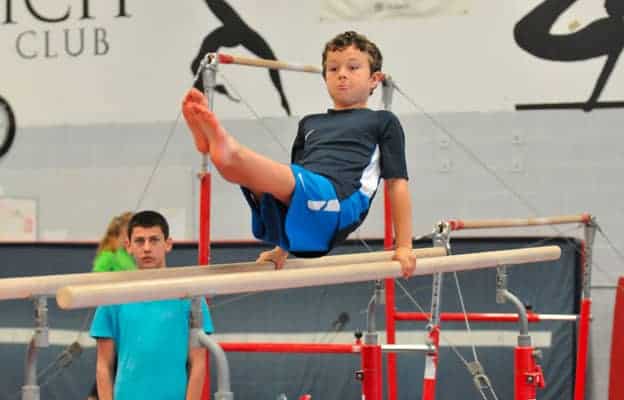On Monday the Ontario Secondary School Teachers Federation (OSSTF) announced that they will commence selective strike action against school boards after talks broke down over the weekend.
The selective strike is the newest wave of a province-wide battle over new legislation by the Ontario government that rocked the education sector earlier this year, a response to the two-year wage freeze for teachers and reduction in the number of sick days, among other measures.
Local OSSTF district president Rob Gascho said the move to strike came after negotiations broke off last weekend, with teachers opting for a selective withdrawal of services rather than a full walkout in hope that it might send a message without a heavy impact on students.
“The whole aim is that we want to negotiate a collective agreement. We need the minister to stop obstructing the process and let us get on to negotiating agreements with our boards,” he said in a phone interview on Wednesday.
The local union put things up to a vote in the end of September, with 93 per cent of members in favour of the strike plan.
Teachers are not the only ones instructed by their bargaining units to withdraw certain services. The strike also affects elementary and secondary school secretaries and support workers, school board social workers and supervision monitors. In some cases teachers will not attend staff meetings, fill in for colleagues or communicate with parents after school hours.
In each case unions will withdraw staff from certain duties, yet unions are not asking teachers to stop leading and organizing extracurricular activities, Gascho said.
The region’s teachers continue to teach regular classes, prepare lessons and mark assignments. They are also providing extra help for students and participating in after-school activities.
Across the province services that are withdrawn can vary. In the region, unions have instructed staff to withdraw from certain administrative duties. Teachers are not attending staff or department meetings, are not participating in board mandated professional development activities and are not available for on call or assigned supervision duties. Parents are still able to communicate with teachers but only during school hours.
Overall, unions are focused on making a selective strike work for them in order to prevent a negative impact on students, though Gascho conceded that might not always be possible.
“We are trying to minimize impacts on students, but we know that there might be some spill over,” he said.
“The whole point for doing these kinds of actions is because we want to get to a negotiated collective agreement and get back to normal, but we have to do what we have to do.”
According to Waterloo Regional District School Board superintendent Mark Schinkel, officials are waiting to see what unions will do next and are monitoring the strike as events unfold.








